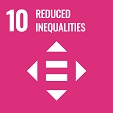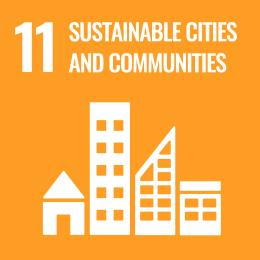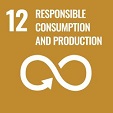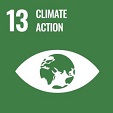PhD Student in Psychology at Universidad Nacional de Córdoba, Argentina
Research focus: sustainable consumption and future generations
Maria’s research is mainly associated with three UN Sustainable Development Goals: Goal 11 (Sustainable Cities and Communities), Goal 12 (Responsible Production and Consumption), Goal 13 (Climate Action). Her research aims to address some of the most pressing issues related to climate change from an interdisciplinary perspective and comes mainly from psychology, but also from emerging disciplines such as environmental psychology, behavioural economics and ecological economics.
There is much to suggest that human influence is the main cause of changes in the Earth system. Particularly, our current individual consumption patterns are major drivers for climate change. Maria’s project focuses on sustainable consumption in Argentina. The first step is to investigate individual perceptions, beliefs, and experiences regarding sustainable consumption. The study focuses on the three consumption sectors that have the greatest ecological impact worldwide: food, housing, and mobility, pointing out the most impactful consumption choices in each area such as meat-based diets, car use, etc.
The exploratory character of this study is due to the fact that there is hardly any research on sustainable consumption from a psychological and behavioural perspective in Latin America and Argentina. In the second step, Maria investigates the identification with future generations in an experimental climate game. She intends to discuss the role of future generations as a factor of cooperation and making sustainable decisions. The project is closely tied to the idea of identifying evidence-based solutions to promote sustainable consumption today.
Maria is particularly fascinated with the study of future generations. She strongly believes that there is a need for further studies that allow us to understand the (dis)connection from present to future generations and to study the intergenerational conflict in more depth. After finishing her PhD, she would like to gain experience in policy consulting with governmental and non-governmental organisations in the field of sustainability, with the main objective of transferring knowledge to society.
The jury considered Maria to be a worthy Green Talent due to her interdisciplinary research in the field of sustainable consumption, which she addresses from a psychological point of view. In an experimental climate game, she examines the identification with future generations and analyses intergenerational dilemmas.
The research of Maria mainly contributes to the Sustainable Development Goals 10, 11, 12, 13:
Take a look at this video that briefly introduces Maria and her research:










